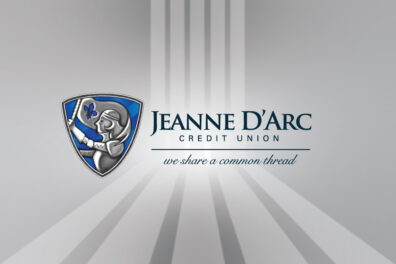Common Credit Myths

Let’s talk about credit—specifically, let’s bust some myths that might be floating around and causing unnecessary stress. Ready? Let’s dive in!
Part of the reason that building credit can feel so overwhelming is that there is a lot of conflicting information out there, and some of the information out there is flat-out not true. Let’s take a look at a few of the most popular credit myths and why they are not necessarily true.
Myth #1 Credit Card Balances
One of the most common credit score myths is that you have to carry a credit card balance from month to month to build credit. Not only is this not true, but it is a myth that can actually cost you money! When you get your credit card statement, you’ll see a statement balance and a minimum payment due. Paying only the minimum means you’ll likely accrue interest on the remaining balance. It’s best to pay the full statement balance to avoid interest charges and improve your credit utilization. Paying off the full balance each month saves money and helps maintain a healthy credit profile. Remember, credit cards aren’t free money.
Myth #2 All Credit Scores are the Same
All credit scores are NOT the same. There are two scoring models, FICO and Vantage. Each model determines credit scores differently and the scores are not the same. Scores can vary dramatically so keep that in mind.
Myth #3 More Credit Cards = Better Credit
Opening multiple credit cards is not always a good thing for your credit score. You don’t need a lot of cards to build credit. Opening new credit cards can increase available credit, potentially helping credit utilization, but it’s risky. New cards mean hard inquiries and a shorter credit history, which can lower your score. Managing multiple cards can lead to missed payments and high balances. Aim for 2 or 3 cards at most.
Myth #3 Closing a Credit Card Will Improve My Credit Score
Fact: Closing a credit card can actually harm your score, especially if it’s one of your oldest accounts. It reduces your available credit and can shorten your credit history, both of which can lower your score.
Myth #4 Checking My Credit Report Will Hurt My Credit Score
Fact: Checking your credit score is considered a “soft inquiry” and won’t affect your score at all. A hard inquiry, which is what a creditor or lender typically will do to dive deep into your credit history, can start to negatively impact your credit score if done too often. Regularly monitoring your score is a smart habit to develop.
Remember, knowledge is power! By understanding the truth behind these credit myths, you can make smarter financial decisions and set yourself up for a bright future. Keep learning and rock your financial journey!
Stay Savvy!



